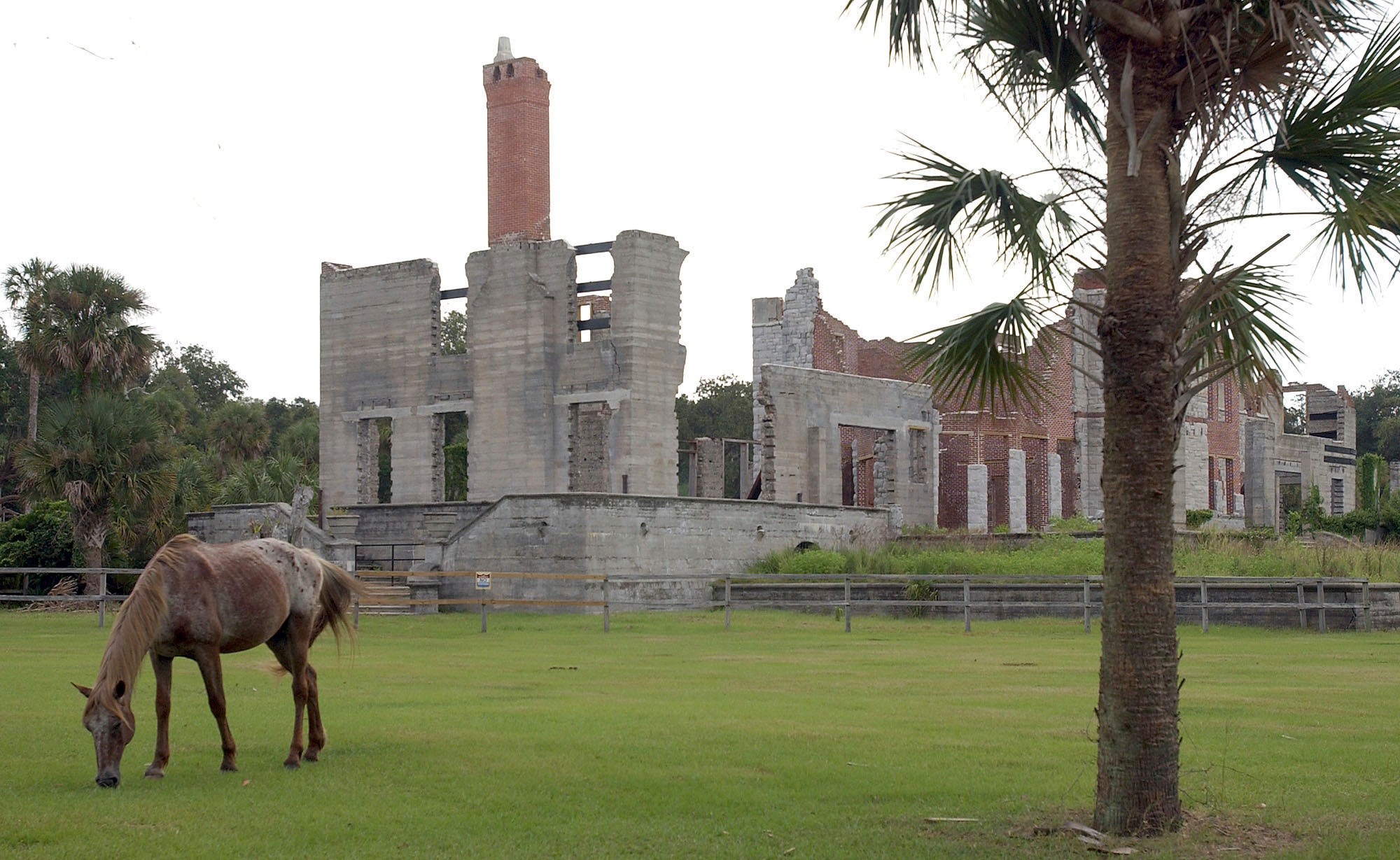FAA again delays final decision on Georgia spaceport permit
A federal agency is once again delaying a final decision on whether to permit construction of a launchpad for commercial rockets on the Georgia coast

Your support helps us to tell the story
From reproductive rights to climate change to Big Tech, The Independent is on the ground when the story is developing. Whether it's investigating the financials of Elon Musk's pro-Trump PAC or producing our latest documentary, 'The A Word', which shines a light on the American women fighting for reproductive rights, we know how important it is to parse out the facts from the messaging.
At such a critical moment in US history, we need reporters on the ground. Your donation allows us to keep sending journalists to speak to both sides of the story.
The Independent is trusted by Americans across the entire political spectrum. And unlike many other quality news outlets, we choose not to lock Americans out of our reporting and analysis with paywalls. We believe quality journalism should be available to everyone, paid for by those who can afford it.
Your support makes all the difference.A federal agency said Wednesday it's once again delaying a final decision on whether to permit construction of a launchpad for commercial rockets on the Georgia coast.
The Federal Aviation Administration now plans to issue a decision on Spaceport Camden by Nov. 3 “due to ongoing consultation efforts,” agency spokesman Steve Kulm said in a statement. Previously, the FAA had said it intended to make a final determination on the project by the end of July, then shifted its target date to the end of September.
Camden County in Georgia’s coastal, southeast corner has spent nine years and $10 million seeking permission to build what would be the nation’s 13th licensed commercial spaceport. The proposal took a big step forward in June, when the FAA issued an environmental impact study that concluded building the spaceport would be its “preferred alternative.”
The National Park Service and its parent agency, the U.S. Department of the Interior, pushed back over the summer. They dispute the FAA’s conclusion that the spaceport poses minimal risks or adverse impacts to Cumberland Island, a federally protected wilderness that lies along the proposed flight path for rockets 5 miles (8 kilometers) east of the launch site.
In a July 22 letter to the FAA, the Interior Department said a chance of rockets exploding and raining fiery debris onto the island creates an “unacceptable risk.” Known for wild horses and nesting sea turtles, Cumberland Island draws about 60,000 visitors each year.
Local officials say the county of 55,000 people would get a soaring economic boost by joining the commercial space race, with a private launch pad luring both supporting industries and tourists.
It’s not clear how much weight the objections will carry with the FAA, which is responsible for licensing U.S. commercial rocket launch sites. In 2014, the agency approved SpaceX’s launch site in Texas over objections by the Park Service and the U.S. Fish and Wildlife Service.